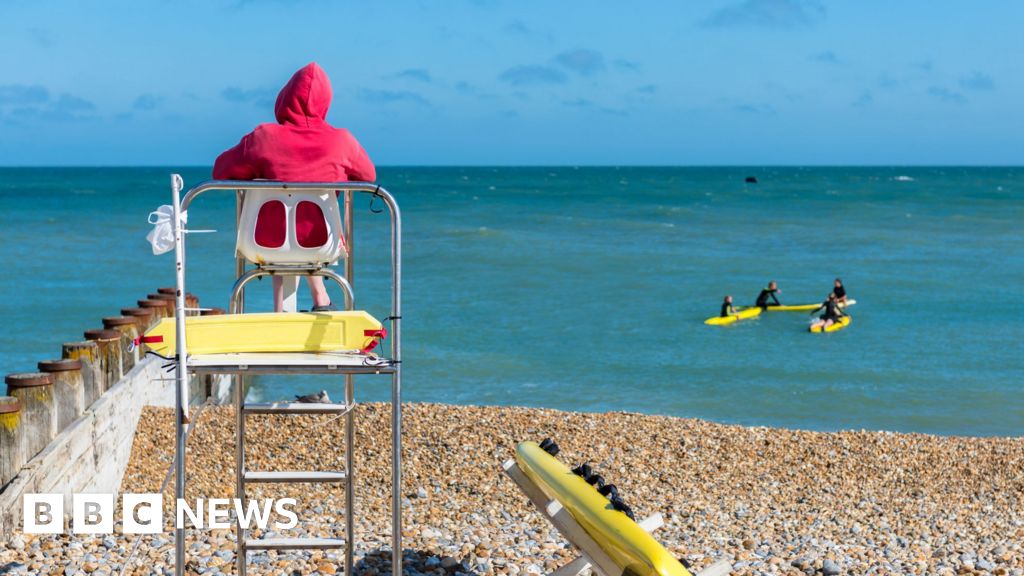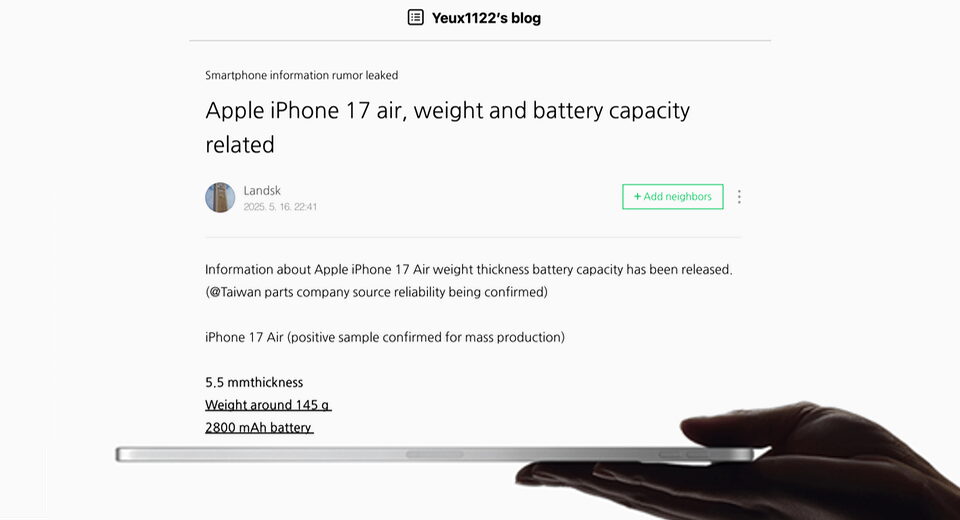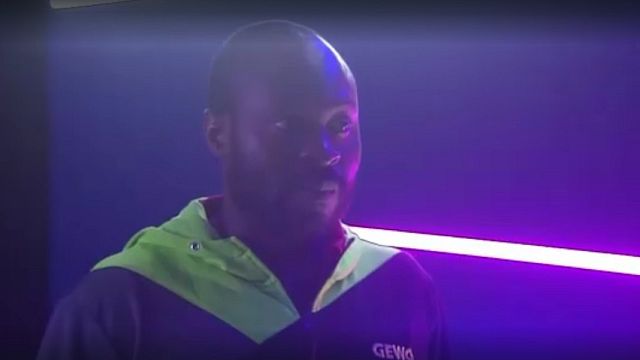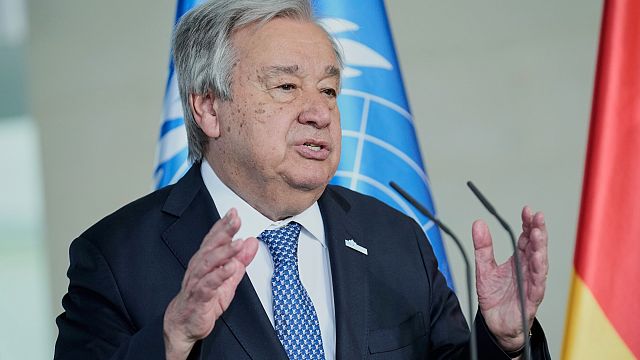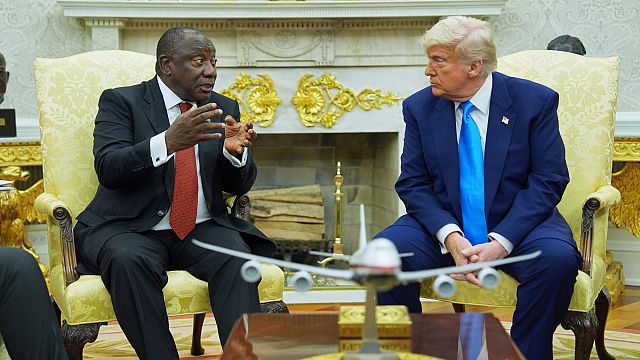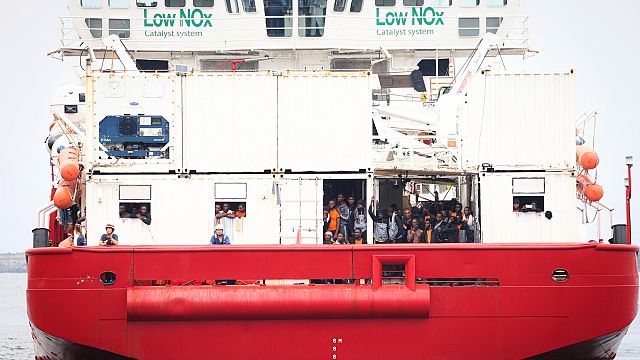Judge Finds Trump Administration Violated Court Order With Deportation Flight to South Sudan


A federal judge in Boston said on Wednesday that the Trump administration had violated an order he issued last month barring officials from deporting people to countries not their own without first giving them sufficient time to object.
The finding by the judge, Brian E. Murphy, was one of the strongest judicial rebukes the administration has faced so far in a series of contentious cases arising from its sprawling deportation agenda.
It was not immediately clear what punishment, if any, Judge Murphy intended to mete out against the administration or those who took part in the operation, but he asked for a list of names of everyone involved so he can notify them that they might all face criminal contempt penalties.
The judge’s decision came at a hearing in Federal District Court in Boston to consider an emergency motion filed by lawyers for a group of men who they said were deported after being told they were being sent to South Sudan.
As the hearing began, officials from the Homeland Security Department in Washington disclosed that eight immigrants had been deported Tuesday on a flight to a third country, but they refused to say where the men were going.
While much of the discussion at the court hearing took place under seal, Judge Murphy said that the government had given the deported men little more than 24 hours’ notice that they were being removed from the United States — a time frame that he described as “plainly insufficient.”
“The department’s actions in this case,” he went on, “are unquestionably violative of this court’s order.”
Judge Murphy, who was appointed by former President Joseph R. Biden Jr., said the administration’s violation could ultimately result in a finding of criminal contempt. He asked homeland security officials to quickly determine whether it was possible to hold hearings for the men while they remained in U.S. custody overseas.
According to two people familiar with the matter, who spoke on the condition of anonymity because they were not authorized to comment publicly, the flight carrying the deportees had landed for now in the east African nation of Djibouti. U.S. military personnel in Djibouti were standing by to assist with securing detainees if needed, one U.S. official said.
Flight-tracking data shows a private jet owned by a company that has previously provided deportation flights left an airport in Harlingen, Texas, on Tuesday around noon local time. The aircraft, a Gulfstream V, crossed the Atlantic Ocean, stopped at an airport in Shannon, Ireland, and continued on to Djibouti, where it landed on Wednesday. Flight-tracking data shows it was the only U.S.-registered civilian aircraft to land in Djibouti on Wednesday.
When pressed Wednesday about where the plane was headed, Tricia McLaughlin, a spokeswoman for D.H.S., would say only that South Sudan was not the final destination for the flight.
Documents provided by D.H.S. showed that the eight men were citizens of Cuba, Laos, Mexico, South Sudan, Burma and Vietnam, and had been convicted of crimes including murder, sexual assault and robbery.
“We conducted a deportation flight from Texas to remove some of the most barbaric, violent individuals illegally in the United States,” Ms. McLaughlin told reporters, adding that the offenses the men had committed were “uniquely monstrous and barbaric.”
Lawyers for some of the migrants had rushed to court on Tuesday evening to ask Judge Murphy to intervene in the possible deportations to South Sudan, a violence-plagued country in Africa that the State Department advises Americans not to visit.
Judge Murphy said Tuesday he was concerned that his order had been violated. The order, which was handed down in April, directed officials to provide notice of at least 15 days to any immigrants being deported to a country not their own so that they had a chance to challenge their removal.
Those challenges needed to be based on “credible” fears that the immigrants would face danger if they were sent to a third country.
Flight-tracking data shows that the plane that traveled from Texas to Djibouti is owned by Journey Aviation, a charter aircraft company that has worked for the U.S. government.
In an email, the chief executive of Journey Aviation declined to comment, referring questions to the Homeland Security Department.
The same private jet was used by the U.S. government during a prisoner swap with Russia, flying the basketball star Brittney Griner back to the United States, according to its tail number and footage of that swap.
It was not immediately clear how South Sudan would handle the arrival of U.S. deportees. A government spokesman did not immediately respond to a request for comment.
The world’s youngest nation is teetering on the brink of civil war. The country is facing a major political crisis as Vice President Riek Machar lingers under house arrest and awaits investigation on charges of inciting a rebellion to topple the government.
Mr. Machar’s arrest comes on the heels of surging violence in the northeast Upper Nile State, which has displaced tens of thousands of people, some of whom have fled to neighboring Ethiopia. The escalating political crisis dovetails with a humanitarian crisis, with rising food insecurity and outbreaks of diseases including cholera.
The questions raised about the flight to Africa was the fourth time that immigration lawyers have accused the Trump administration of bending — if not outright violating — the order by Judge Murphy in the past month. The other accusations have involved a flight of Venezuelan immigrants from Cuba to El Salvador, a planned flight of Laotian, Vietnamese and Filipino immigrants to Libya and the deportation of a Guatemalan man to Mexico.
During the hearing on Wednesday, Judge Murphy also had harsh words for the administration about how it handled the removal of the Guatemalan man, who is known in court papers by his initials, O.C.G.
In late March, an official from U.S. Immigration and Customs Enforcement said in a sworn declaration that O.C.G. had been told he was being sent to Mexico and asserted that he was not afraid of being sent there.
But on Friday, just before the ICE official was scheduled to answer more questions under oath, the Justice Department abruptly told Judge Murphy that the initial declaration was erroneous. Department lawyers acknowledged that they were now unable to find anyone who had told O.C.G. that he was going to be deported or heard him assert that he was fine with being sent to Mexico.
In court on Wednesday, Judge Murphy said he intended to get to the bottom of the error, which the Justice Department said was unintentional.
“This is a really big deal,” the judge said. “It’s a big deal to lie to a court under oath.”
The standoff in Judge Murphy’s Boston courtroom is only one of several deportation proceedings in which the administration has faced accusations of both denying immigrants due process and of flouting court orders.
Late last week, the Supreme Court issued a ruling highlighting the lack of due process that immigrants received in a case involving the administration’s use of the Alien Enemies Act, a rarely invoked 18th-century wartime law.
In that ruling, justices said that the administration’s current policy of giving immigrants 24 hours to challenge deportations under that law “surely does not pass muster.”
In a similar case, a federal judge in Washington, James E. Boasberg, has opened an inquiry into whether Trump officials violated an order he issued in March seeking to stop flights of immigrants to El Salvador under the Alien Enemies Act.
That inquiry is temporarily on hold as the appeals court that sits over Judge Boasberg considers a request by the Justice Department to end it. Judge Boasberg is also considering whether to allow immigration lawyers to continue their efforts to seek a court order forcing the government to bring back about 140 Venezuelan men who went sent on the flights to El Salvador without first being given due process.
The same three flights, which took off from an airport in Texas on March 15, have triggered two other contentious legal cases.
In one of them, a federal judge in Maryland, Paula Xinis, has opened an inquiry into whether Trump officials have violated a Supreme Court ruling to “facilitate” the release of Kilmar Armando Abrego Garcia, a Maryland man who was deported to El Salvador on one of the March 15 flights, despite a court order expressly forbidding him from being sent there.
In the other, another federal judge, Stephanie A. Gallagher, in the same judicial district has ordered the government to the facilitate the return of a different man — a 20-year-old Venezuelan — who was also deported to El Salvador on the flights, but in violation of a totally different court order.
Judge Gallagher’s ruling was temporarily upheld on Monday by a federal appeals court in Virginia, which noted the Trump administration’s repeated efforts to sidestep court rulings.
“As is becoming far too common,” one of the appeals court judges, Roger Gregory, wrote, “we are confronted again with the efforts of the executive branch to set aside the rule of law in pursuit of its goals.”
What's Your Reaction?
 Like
0
Like
0
 Dislike
0
Dislike
0
 Love
0
Love
0
 Funny
0
Funny
0
 Angry
0
Angry
0
 Sad
0
Sad
0
 Wow
0
Wow
0


